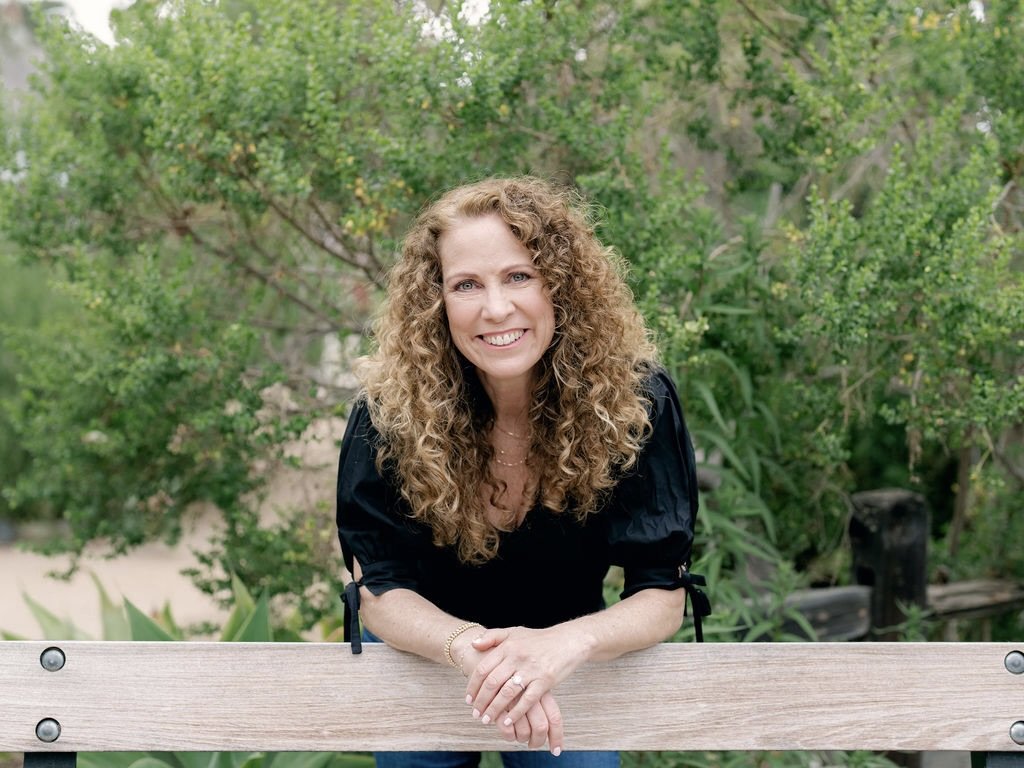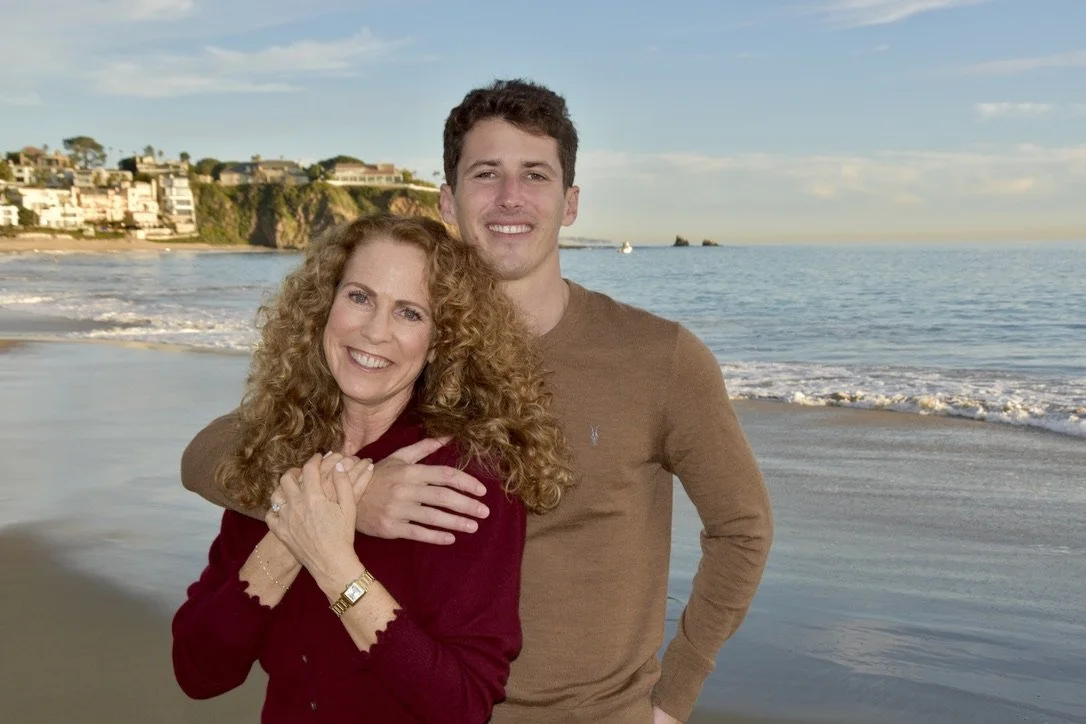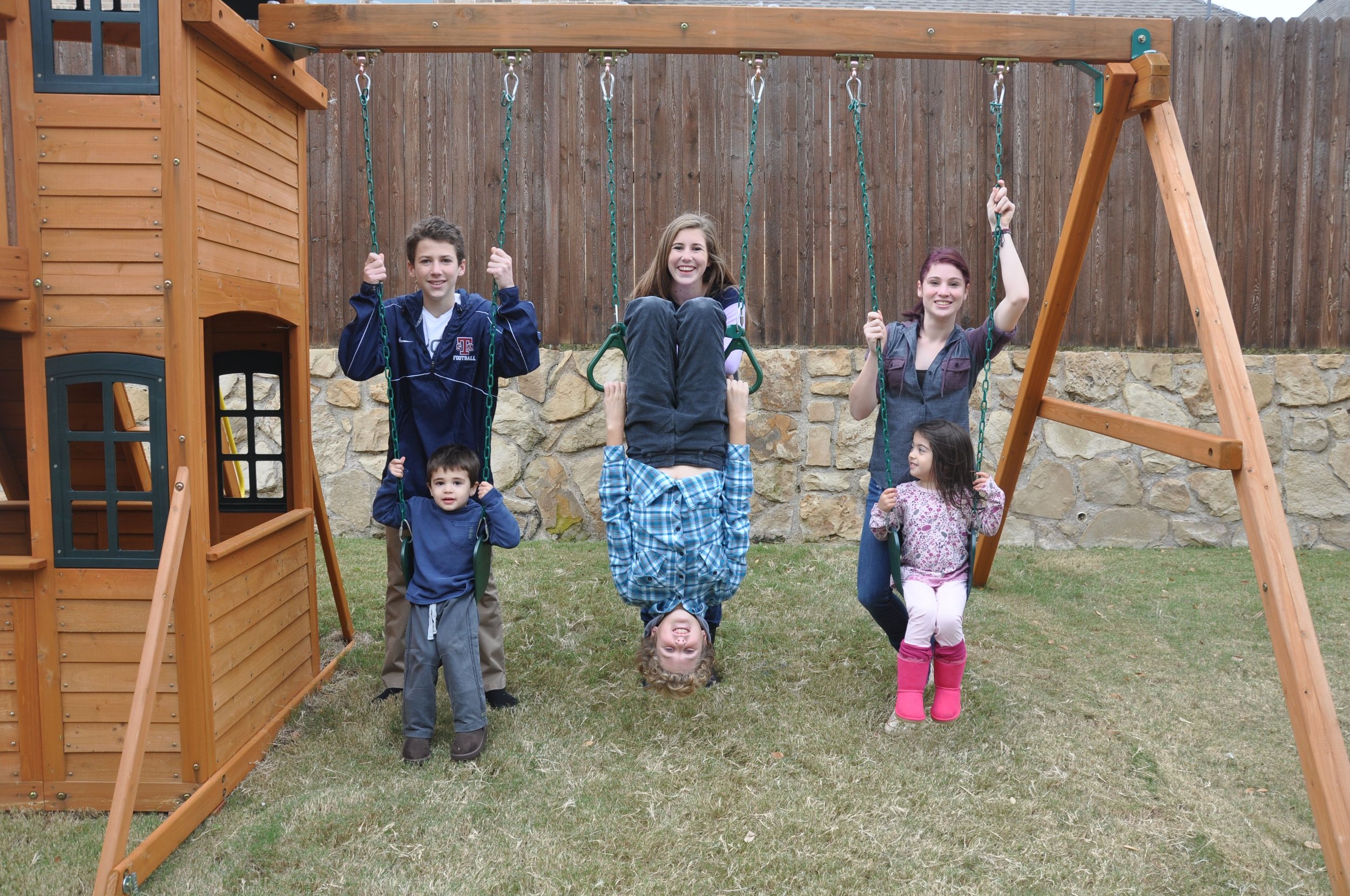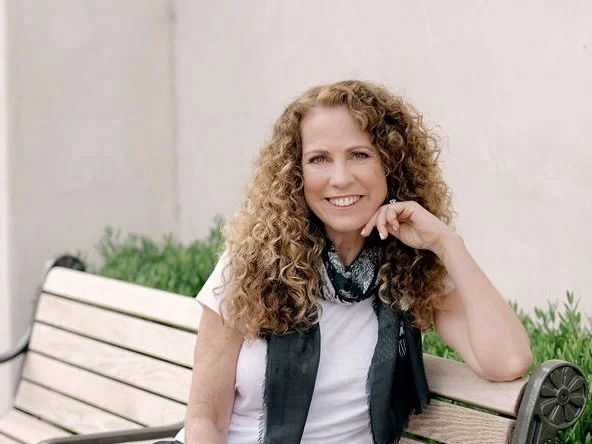“It shouldn’t be this hard”
Parenting teenagers can feel harder than it “should” — not because you’re failing, but because what worked before doesn’t work the same way anymore.
When lying becomes easier than honesty
When parents try to extract the truth from their teen, they often teach them how to lie better — because honesty only returns when it feels safe.
The moment I knew I couldn’t do this alone
When my son’s high school principal called to say he was high, I realized something painful: love wasn’t enough on its own. This is the story of what changed — and why getting support isn’t giving up
I thought I handled it right
When parenting your teen still feels wrong after you’ve done “everything right,” it’s not a failure — it’s a signal worth understanding.
I should be better at this by now
After a tough moment with your teen, the hardest part is often what comes after—the quiet self-blame that makes parents doubt themselves.
Why “not pushing” feels so scary
When your teen is lying, sneaking, or pulling away, pushing harder can feel like the only responsible option. But for many families, that instinct creates more secrecy — not more honesty.
When lying isn't the real problem
When a teen lies, it’s easy to assume defiance and respond with consequences. But often, lying is a sign of fear, shame, or self-protection. Here’s what actually helps.
January 1st won’t fix this
If talking to your teen feels harder than ever, you’re not alone. Here’s why the same conflicts keep repeating—and what actually changes the dynamic.
What if it's already too late?
If you’ve ever thought, “Maybe it’s too late… maybe I’ve already messed this up,” you’re not failing — you’re overwhelmed. Your teen isn’t pulling away because the relationship is broken. It’s a pattern, and patterns can be changed.
When you dread hearing their footsteps in the hallway
For months, every interaction between Wendy and her daughter felt like walking into tension. This is the moment everything shifted—and the steps that helped her rebuild trust, calm, and normal conversations again.
What if stepping back makes things worse?
In this story, a mom discovers that letting go just a little didn’t make her son fall apart… it helped him finally believe he could succeed.
When your teen isn’t motivated
Many teens with ADHD and anxiety procrastinate because the pressure to perform feels overwhelming. Learn why pushing harder backfires and how a different approach helped one teen finally show up.
Curious about getting help, but don't want to feel judged?
If you’ve ever wondered what happens on a parenting call and feared being judged, you’re not alone. Here’s how one honest conversation can help you feel calmer, clearer, and supported in parenting your teen.
When your teen always has the last word
Some parents feel like every request turns into an argument—the tone, the sighs, the attitude. This real story shows what happened when one mom made a small but powerful shift that changed everything at home.
Thanksgiving with your teenager
Thanksgiving with a teenager doesn’t have to be tense or exhausting. Here are five simple shifts to help your family stay calm, connected, and actually enjoy the day together.
Take a breath. It’s almost Thanksgiving.
Here’s a simple 3-step reset that helps you stay calm, steady, and present with your teenager.
Phone battles? Try this before the holidays.
Every night it’s the same thing: “Get off your phone.” Eye roll. Argument. You walking away feeling like the bad guy. Learn how to shift from power struggles to real conversations and turn phone battles into moments of connection.
Be your teen’s go-to person
How to rebuild trust, stay calm, and become the parent they turn to when life gets messy.
It's not too late
When my kids were 19, 17, and 14, things felt tense — not broken, but fragile. More slammed doors. More silence. More moments when I thought, this isn’t who we are.
The moment I finally knew what to do
There was a time when every conversation with my teen felt like walking through fog. Nothing I tried worked until one quiet moment changed everything. Here’s what helped me find my footing again and reconnect.




















